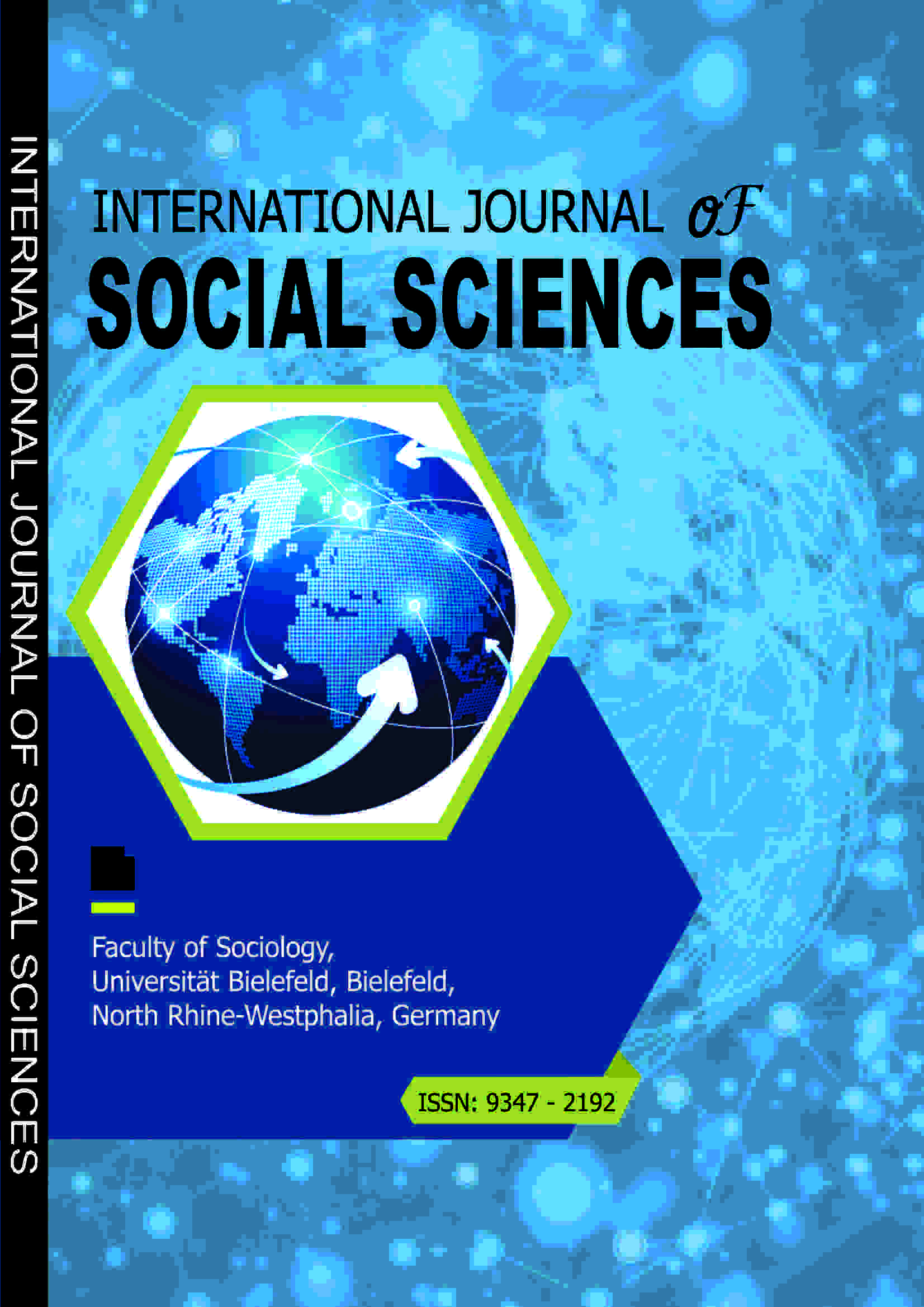INTERNATIONAL JOURNAL OF SOCIAL SCIENCES (IJSS)
Modern Muslims Reformers, Post-colonial Authoritarianism, and the Crisis in Modern Islamic Thought
E-ISSN: 7885-4322
P-ISSN: 9347-2192
DOI: https://iigdpublishers.com/article/495
Like the conventional belief that Palestinian is coterminous with terrorist, Islam has become synonymous with violence in the Western gaze. Because extremist and politically motivated activism in the name of religion is not sustainable, Muslims have debated for centuries the question of how to balance religious and political authority. Rather than a duality between good and evil, contemporary Muslims in the West describe the relationship between religion and politics as interdependent. The political arena is thus seen to need religion just as religion cannot exist within a political vacuum.
Afifa Hejazi
Al-’Ulaymi, M. ai-D. (1968). AI-Uns al-falil fi Tarikh al-Quds toa’l-Kbalil. Najaf: al-Matbaa alHaydariyya.
Alcalay, A. (1996). ‘Signs in the Great Disorder: An Interview with Samir Naqqash by Ammiel Alcalay’. Keys to the Garden. San Francisco: City Lights Books.
Bickerton, I. J., & Klausner, C. L. (2002). Arab-Israeli C onflict (Third edit; S. Yaron & O. Falk, eds.). New Jersey.
Freda, M. (2017). The Influence of Self-Regulation and Stakeholder Theories on Corporate Social Responsibility (CSR). International Journal of Multicultural and Multireligious Understanding, 4(3), 29. https://doi.org/10.18415/ijmmu.v4i3.82
Guyatt, N. (1998). The Absence of Peace Understanding the Israeli-Palestinian Conflict. London: Zed book.
